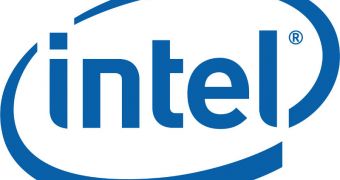Ever since computers have become mainstream, viruses and other types of malicious code have been wreaking havoc through the systems of unwary users everywhere, but all that may soon end as Intel has started developing a new technology that will protect users against “zero-day” attacks.
Traditional antivirus software applications have relied on virus signatures (different code patterns) in order to stop malicious programs from spreading and affecting the system.
[admark=1]Although this approach is more than adequate when dealing with older viruses, it is less useful in the case of zero-day (brand new viruses) attacks, as the code run by the malicious software is still unknown, the antivirus failing to recognize it as a threat.
For this reason, Intel is developing a new detection technology that won't rely on signatures, making it effective even against zero-day attacks.
In addition, Intel's method of detecting malicious software will be hardware-based, improving scan speed to a great extent.
It is still unclear for now if the technology also features a software part or not.
“I think we have some real breakthrough ideas about changing the game in terms of malware.
“We're going to see a quantum jump in the ability of future devices, be them PCs or phones or tablets or smart TVs, to defend themselves against attacks,” said Intel's Chief Technology Officer Justin Rattner in an interview cited by the Hexus.net website.
No other details have been provided so far, but the technology could be deployed in Intel's processors, chipsets or even SSD drives, depending on the amount of computing power it requires.
As far as its release date is concerned, the technology could be ready by the end of the year, giving Intel a massive competitive advancement against its two main competitors, AMD and ARM.
Last year, Intel has acquired security experts McAfee, leading us to believe that the Californian company was somehow involved in the development of the technology.

 14 DAY TRIAL //
14 DAY TRIAL //